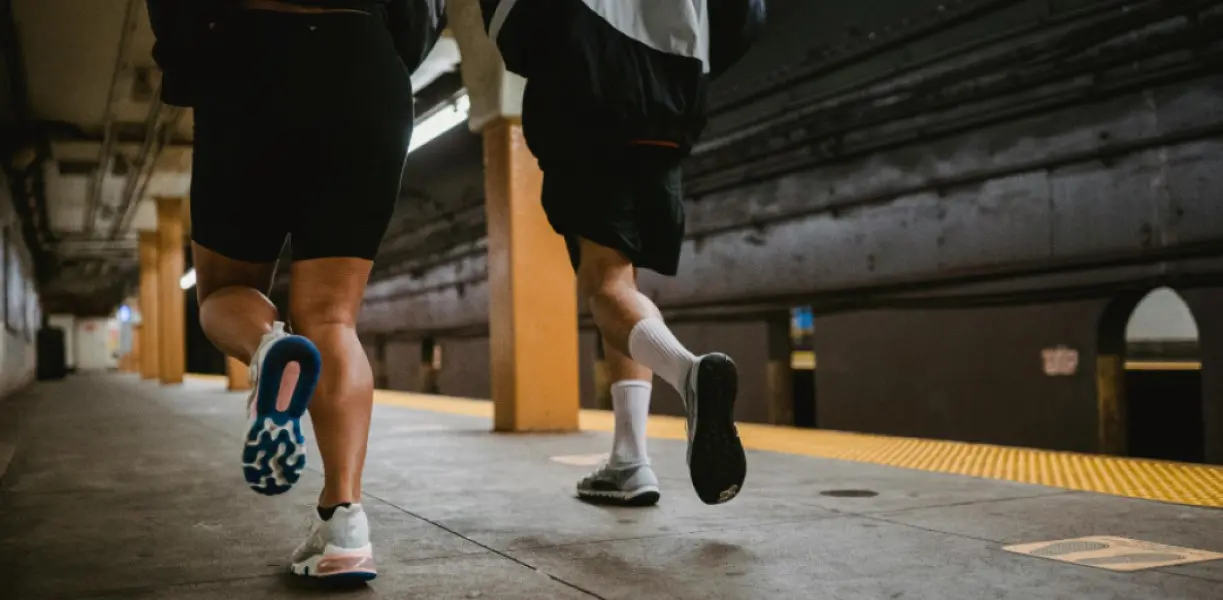In order to survive in the lockdown, UK fashion retailers will have to show they can adapt to changing consumer needs. With clothing sales likely to decline even after restrictions are lifted, how can the fashion industry best adjust to this ‘new normal’?
A strong decline in sales
Next’s latest trading update highlights the severe impact that COVID-19 is having, and will continue to have, on the UK fashion sector. The retailer has warned that the retail sales decline has been faster and steeper than it anticipated, and that it will lead to significantly lower performance in both the first and second halves of the year. Next’s 32% fall in full price online sales was clearly impacted by its decision to close its warehouses and halt online sales for 18 days. This, however, gave it the time to re-organise its warehousing to ensure safety and social distancing, and has allowed it to be more prepared for the surge in demand it has seen since it reopened its online site on 14 April.
As one of the biggest clothing retailers in the UK, Next’s sales results act as a bellwether for the UK fashion market. Many retailers can expect sales to continue to decline heavily, even once the full lockdown has been lifted, due to the disruption from continued social distancing and the economic consequences of the crisis, as it might take time for customers to return to their normal shopping habits. While Next is in a secure financial situation, many other fashion retailers in a less stable position will also have seen a similar drop in sales, and based on an expected prolonged decline that will last for at least the rest of the year, they are likely to find it much more difficult to recover.
Retailers need to adapt
As people continue to work from home, fashion is less likely to be seen as a spending priority. Fashion retailers will need to proactively approach the upcoming months and efficiently manage inventory, as sales drop and consumers prioritise essential items. Certain categories, such as loungewear and nightwear, are likely to benefit as people seek out more comfortable clothing to wear around the house.
Independent retailers could offer customers a more bespoke online service and may be able to be more flexible at a time when large online deliveries may be disrupted. In China, we saw sales assistants setting up social media WeChat groups with VIP customers for exclusive online fashion shows, and there is scope for higher-end fashion stores and luxury brands to offer something similar in the UK via WhatsApp.
Retailers need to spread their supply chains
Once the lockdown is over, retailers are going to struggle to sell Spring/Summer stock, so there is likely to be heavy discounting to encourage people to buy. However, many retailers have cancelled future orders and this will inevitably have a huge impact on global supply chains and could push factories in developing countries to the brink of collapse. This could impact availability of Autumn/Winter 2020 fashion, although many of the large retailers have spread the risk by having factories in different parts of the world and so can shift manufacturing.
Luxury fashion brands are most likely to see their supply chains impacted as many rely on textile suppliers and garment manufacturers in Italy, which has been in complete lockdown for a prolonged period.
Brands can show they are helping society
There is a growing need for some businesses to shift manufacturing and investment into supporting wider society. We are seeing some fashion businesses responding to these demands. LVMH, the parent company of luxury brands including Louis Vuitton, has started producing hand sanitiser to deal with the shortage. Dolce & Gabbana has partnered with Humanitas University to fund a coronavirus research project, while Giorgio Armani, Prada and luxury group Kering have all donated money to hospitals and to help the fight against the virus. In the UK, womenswear brand Three Graces London donated all of its net sales between 18 March and 1 April to homeless charity Crisis to help the most vulnerable amid the COVID-19 outbreak.
Consumers care how brands act, with Mintel research showing that most consumers would think twice about buying from a designer brand that acts in a way they disagree with. Mintel Trend On Display highlights how, in the digital world, brands have to become aware that all of their actions are magnified.
Brands that show empathy and support consumers during these unprecedented times are likely to be viewed favourably once the COVID-19 outbreak has passed.

































